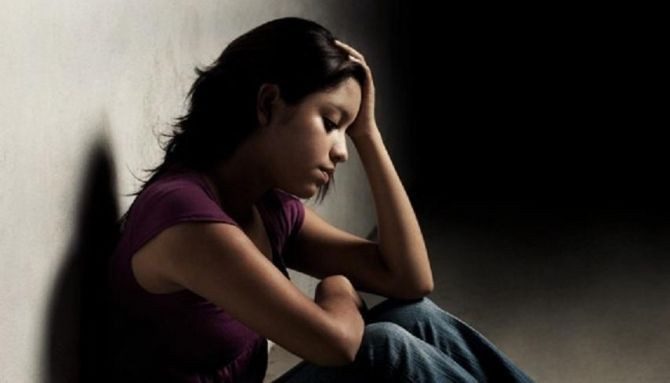Parents With Social Anxiety Disorder Pass Their Fears to Children

Parents who suffer from social phobia can pass the disorder to their children. A new study has found that parents with social anxiety disorder are more likely to pass on the traits to their kids than parents who suffer from other kinds of anxiety disorders.
Social anxiety disorder or social phobia is when people have excessive fear of being judged and are constantly embarrassed. These people find it difficult to do common things like signing a check in front of other people.
"There is a broad range of anxiety disorders so what we did was home in on social anxiety, and we found that anxiety-promoting parental behaviors may be unique to the parent's diagnosis and not necessarily common to all those with anxiety," said Golda Ginsburg a child anxiety expert at Johns Hopkins Children's Center and senior author of the study. Ginsburg is also a professor of child and adolescent psychiatry at The Johns Hopkins School of Medicine.
Researchers found that parents who have social phobia display a set of behaviors that increase the child's risk of developing anxiety disorders. Children growing up with such parents often receive criticism and doubt at home and insufficient warmth and affection, making the children anxious.
Researchers say that they haven't proven that children whose parents have social anxiety will grow up to be socially anxious. However, they add that physicians who are treating parents must be aware that their children might also be suffering from some level of anxiety.
"Parental social anxiety should be considered a risk factor for childhood anxiety, and physicians who care for parents with this disorder would be wise to discuss that risk with their patients," Ginsburg said in a statement.
The present study included 66 parent-child pairs. Researchers gave each pair tasks that included preparing speeches and replicating complex designs on an Etch-a-Sketch device.
In the study group, 21 parents were diagnosed with social anxiety disorder and 45 parents had been diagnosed with generalized anxiety disorders like panic attacks and obsessive compulsive disorder.
Researchers found that parents who had social anxiety disorder were more critical of the child's abilities and showed less affection towards their children.
"Children with an inherited propensity to anxiety do not just become anxious because of their genes, so what we need are ways to prevent the environmental catalysts-in this case, parental behaviors-from unlocking the underlying genetic mechanisms responsible for the disease," Ginsburg added.



























